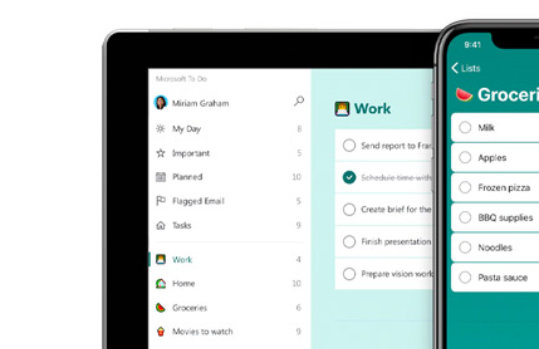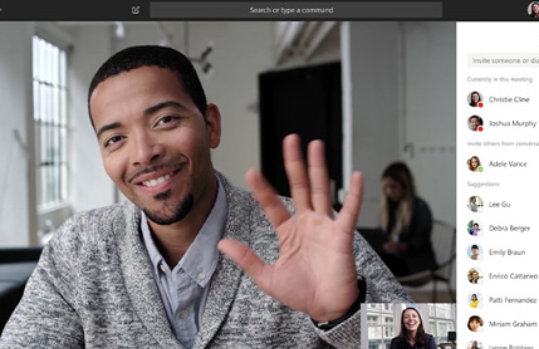Everyone is going through something right now. Some have lost loved ones or faced financial setbacks. All of us are grappling with the reality that there is no going back to everyday life as we knew it. Meanwhile, there’s increasing frustration with racial injustice, and the non-stop political wrangling in an election year. On top of it all, we face the stress of either returning to work before we feel ready, or the boundaryless “permawork” while working from home, while maybe also balancing our children’s schooling.
All of this has taken a toll. Our “surge capacity” is depleted and we are facing unique levels of burnout due to the ongoing stress and uncertainty we’re experiencing. According to a recent Thrive Global survey, more than 82% of individuals feel that the current environmental, health, and sociopolitical climate and state of affairs have had a bigger negative impact on their rates of stress than any other time in their lives. And the pandemic has accelerated a mental health crisis that already existed—with some populations especially vulnerable.
When so much feels out of our control, we can take back some control through the habits we build. Read on to learn about small steps you can take each day to help be healthier and feel more accomplished, which can help you be more positive and resilient.

Resilience research shows that how we respond to adversity makes all the difference. We can meet challenges with a mindset of helplessness—or we can choose to meet them with a mindset of growth.
And while we may be daunted by the scale of the challenges we’re facing now; it helps to remember that we’ve persevered before.
“Your track record for getting through tough times is likely better than you think,” says Keith Bellizzi, a professor of human development and family sciences at the University of Connecticut.
Bellizzi says we can set ourselves up for success in tough times by reframing obstacles to see potential positive aspects and setting small, achievable goals.
Microsteps are small, science-backed actions you can start taking right away to build habits that will strengthen your resilience. You can also use what neuroscientists call habit-stacking: attaching a new healthy habit to an existing habit to make it sustainable.
This guide includes Microsteps and habit-stacks you can put into action immediately that will be particularly helpful right now.
Bellizzi says it’s common to feel unfocused and unproductive during times of stress. He recommends creating a daily to-do list of small, achievable goals and checking them off one by one.
Checking off tasks releases dopamine, a neurotransmitter in the brain that is tied to pleasure as well as striving and focus. “This not only makes you feel good, but also motivates you to continue checking off items on that list,” Bellizzi says.
And while multitasking might seem to be a shortcut to productivity, Bellizzi says to avoid it, since research suggests a 40% decrease in productivity when we multitask.

Try this Microstep to boost your sense of productivity and accomplishment:
If something takes less than two minutes, do it immediately.
Finishing a quick task is often simpler than reviewing it, putting it in your calendar, and returning to it later.
Neuroscience tells us that our brain is like a battery. And that battery needs to be recharged so we can be our best selves, personally and professionally.
“We need to constantly remind ourselves that having a well-cared-for body and mind makes one feel good and contributes to healthy relationships and an increase in general well-being,” Bellizzi says. And this takes practice, especially for those overwhelmed by life right now, such as parents working from home while helping children with remote learning or essential workers who also care for older family members.
Small moments of recharging throughout the day can help you build resilience, so you’ll be better able to handle whatever comes your way. These Microsteps and habit-stacks can help:
Bellizzi recommends including self-care on your daily schedule, just like any other task you’re hoping to accomplish.
Connecting with the people and passions that fulfill us might at first seem like indulgences, but they’re actually essential to our well-being. Give yourself permission to prioritize these values as much as you’d prioritize an important work appointment or deadline.
Connecting with family and friends can be especially rewarding, Bellizzi says—not just in the moment, but to help us build ongoing resilience. Their perspective, experience, humor, and guidance can be a buffer against the negativity we might be feeling.
Try these Microsteps to bring a spark of joy and connection to your day:
When you’re feeling lonely, schedule a virtual coffee break or meal with a friend. Social isolation can have powerful, negative effects on your health, but spending time with others—even virtually—helps you stay connected.

Do one small thing each morning that brings you joy. It might be meditating, walking, or making a breakfast you love. From this foundation, you’ll build up strength and resilience for the day.

Set time on your calendar to focus on your passions each week—even just a few minutes. You wouldn’t miss an important meeting or doctor’s appointment, so treat this time with the same respect. You’ll begin to build the muscle of prioritizing the things that bring you joy.
We're all facing challenges right now, but by taking small steps, we can improve our well-being and build resilience. And when we emerge from the current situation, the habits we build will still be with us.
The experts cited in this story were not paid for their participation, nor does their participation imply an endorsement of the products and/or services mentioned above.



Share this page